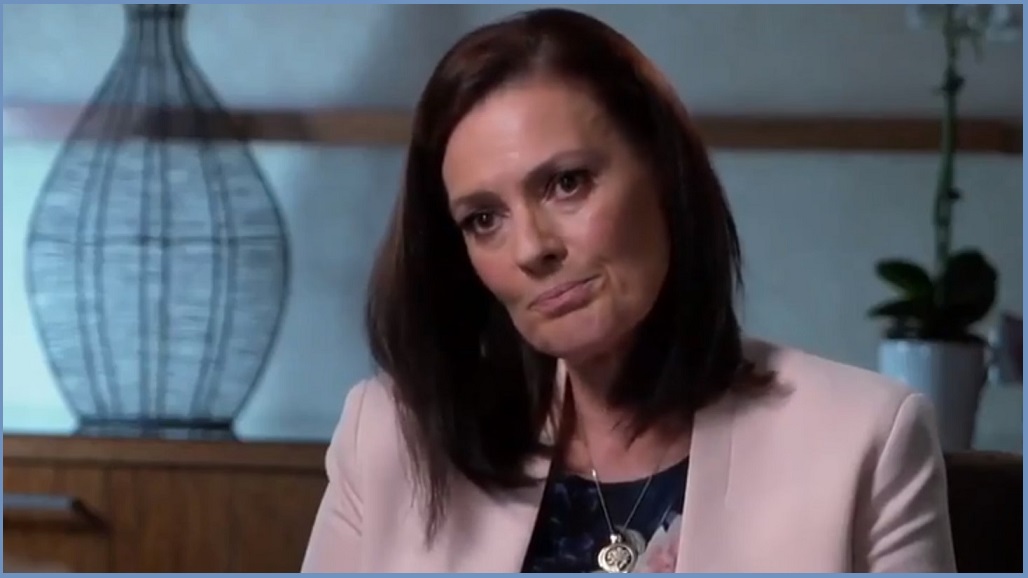A school principal from a small Queensland town has won a defamation pay-out against two parents who made critical comments about her on social media.
Judge Catherine Muir ruled that Donna and Miguel Baluskas each have to pay Tamborine Mountain State High School principal Tracey Brose $3,000 over posts made on Facebook and Change.org in 2016.
During this time, Brose was suspended from her role for alleged inappropriate conduct. She was later reinstated to the position.
Brose had already settled outside of court with three other parents, receiving $182,500 from them, while cases against two other parents were dismissed.
Following Brose’s temporary suspension, David Hows, the president of the school’s Parents and Citizens Association, created a Change.org discussion and a private Facebook page in support of reinstating her.
While most of the comments on the pages were positive, several were highly critical and personal of the principal.
After she was returned to the role several months later, Brose launched legal proceedings against eight of the 34 people who had posted critical comments about her, originally seeking $150,000 in damages from each defendant.
But Judge Muir ordered that the two parents in question have to pay just $3,000 each.
They have also been banned from making any similar comments in the future.
“The damages I have awarded are modest and well below what the plaintiff has sought. But I consider them sufficient to vindicate the plaintiff in light of the unique contextual features of social media forums,” Judge Muir said.
“I am satisfied that there is a real risk of further publication of the defamatory comments made by the first and second defendants, so I have ordered that they be permanently restrained from making them again.
Each of the parties involved have been ordered to pay their own legal costs, estimated to be about $600,000, from the four-week trial at the Southport District Court.
“The fiscal and emotional toll on all those involved has been high,” Judge Muir said. “It has involved many hours, many witnesses and caused much antagonism and distress for all parties.”
Speaking after the verdict, Brose said the trial was never about the money, but instead about the safety of her family. She claimed she has been harassed by the defendants, including them banging on her door late at night and making pig noises at her outside of the court.
“This was always about our safety,” Brose said. “Now we’re protected from these people. There has been an obsession to destroy us. I would have loved an apology, I would have loved a retraction from the very beginning and we all would not have ended up here.
“There was a price to pay if I didn’t do it, and that was my safety and the safety of my kids. And there’s a price to pay if you do take this action. I would do it again.”
There have been several high-profile cases recently in Australia concerning defamation and online comments.
Earlier this year Adelaide-based lawyer Gordon Cheng was awarded $750,000 over a bad Google review of his business made by a woman who had never been a client. The one-star review from October 2018 led to Cheng losing 80 per cent of his clients and more than $630,000, the court heard.
“Legislation should be changed to stop such things happening in the future, otherwise no matter how hard you work it can easily be destroyed by social media in a couple of months or a couple of days,” Cheng said.
Last month, an Australian court ordered Google to provide identifying information of the person behind an anonymous negative review of a Melbourne dentist. The reviewer, known as CBsm 23, told others to “STAY AWAY” from teeth whitening specialist Dr Matthew Kabbabe, saying their experience was “extremely awkward and uncomfortable” and a “complete waste of time”.
The court ruled that Google was to provide any information it has on the user behind the post, including names, phone numbers, location metadata and IP addresses, with Kabbabe planning to sue them.










